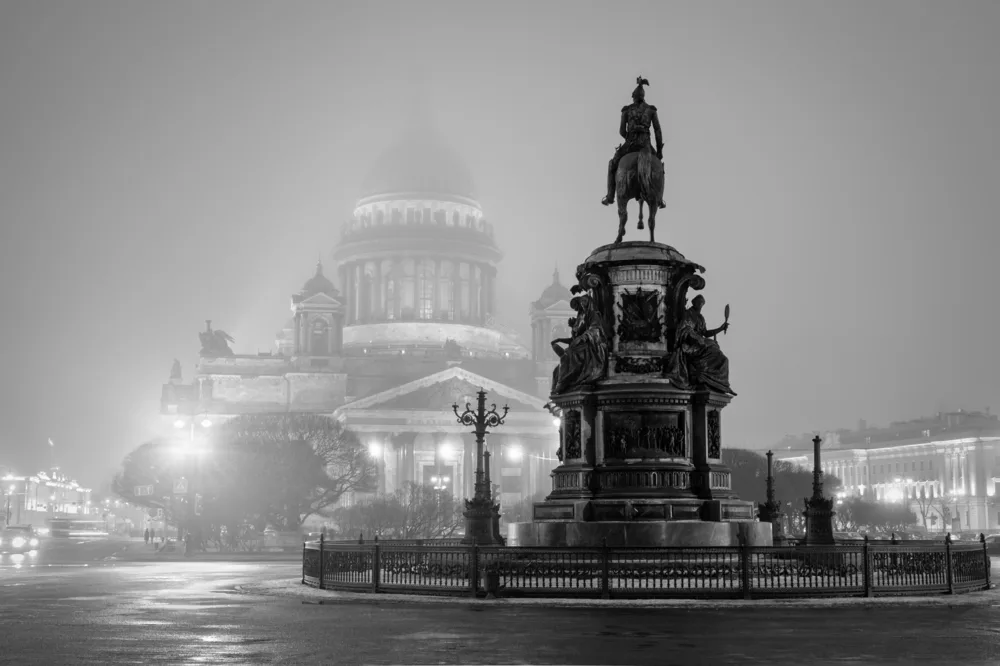Book Talk: The Tragedy of Russian Liberalism
The failure of Russian liberalism to achieve political hegemony in Russia after the fall of the Soviet Union marked a crucial disappointment for Western hopes and ambitions concerning Russia’s future and opened the way for President Vladimir Putin’s very different approach to rule. To discuss the historical and contemporary roots of liberalism’s failure, Anatol Lieven of the Quincy Institute was joined by Professor Paul Robinson, leading expert on Russia and author of a foundational study of Russian liberalism. Dr. Robinson’s book Russian Liberalism charts the development of liberal ideas and political organizations in Russia from the late eighteenth century to the present day. It demonstrates that liberalism has always lacked strong roots in the Russian population, being largely espoused by a narrow group of intellectuals whose culture it has reflected, and has tended toward a form of historical determinism that sees Russia as inevitably destined to become like the West, and that has often failed to take account of Russian realities
Program
Panelists

Paul Robinson
Paul Robinson is a professor in the Graduate School of Public and International Affairs at the University of Ottawa. He is the author of numerous books and articles on Russian and Soviet history, including "Russian Conservatism" (Northern Illinois Press, 2019), and has also written regularly for the international press. He is now working on a book on the topic of Russian civilizational theory.

Anatol Lieven (Moderator)
Anatol Lieven is Director of the Eurasia Program at the Quincy Institute for Responsible Statecraft. He was formerly a professor at Georgetown University in Qatar and in the War Studies Department of King’s College London. Lieven worked as a British journalist in South Asia, the former Soviet Union and Eastern Europe, and is author of several books on Russia and its neighbors including "Ukraine and Russia: A Fraternal Rivalry". He holds a BA and PhD from Cambridge University in England.
